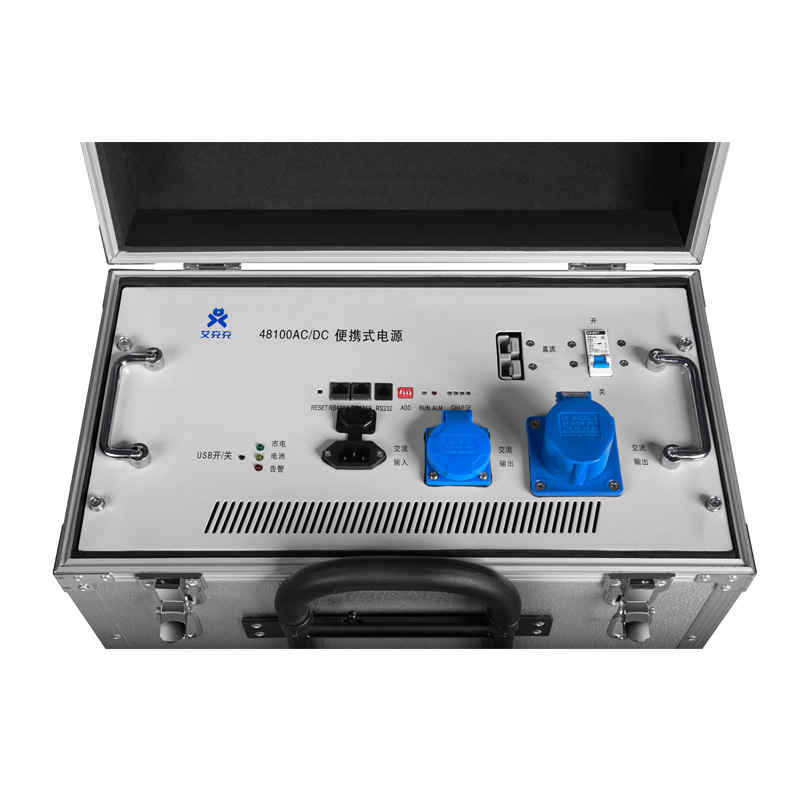
Sep . 28, 2024 07:16 Back to list
Top Residential Energy Storage Solutions and Their Leading Companies in 2023
The Rise of Residential Energy Storage Companies
In recent years, the demand for renewable energy solutions has surged, with homeowners seeking ways to reduce their dependence on traditional power grids while also promoting sustainability. As a response to this growing trend, residential energy storage companies have emerged, providing innovative products designed to capture and store energy from renewable sources, primarily solar power. This article explores the landscape of residential energy storage, highlighting key companies, their products, and the overall impact on energy consumption.
One of the most notable leaders in the residential energy storage space is Tesla. Their Powerwall product has gained significant recognition, allowing homeowners to store excess energy generated from solar panels. This energy can be used during peak demand times or reserved for emergencies, providing not only energy independence but also savings on electricity bills. The Powerwall’s sleek design and robust technology make it a popular choice for many eco-conscious homeowners.
Another key player in this sector is LG Chem, which offers a range of lithium-ion battery systems for residential energy storage. Their RESU (Residential Energy Storage Unit) line is designed to integrate seamlessly with existing solar energy systems, allowing users to store energy generated during the day for use when the sun isn’t shining. LG Chem’s commitment to improving battery technology ensures their products remain efficient and reliable, thus appealing to a broad audience.
Sonnen is also a significant contender in the residential energy storage market. Based in Germany, Sonnen provides smart battery solutions that not only enable energy storage but also facilitate energy sharing among users in a community setting. Their SonnenCommunity platform allows users to trade stored energy with one another, creating a decentralized energy network that fosters sustainability and reduces overall energy waste.
residential energy storage companies product

In addition to these companies, newer entrants like Enphase and Generac are making strides in the residential energy storage space. Enphase, known for its microinverters, has expanded its offerings to include an energy storage system that complements its solar products. Generac, primarily recognized for its backup generators, has launched the PWRcell, a flexible battery storage solution that can be customized to meet homeowners' needs. Both companies emphasize the importance of energy resilience, particularly during natural disasters and power outages.
The benefits of integrating residential energy storage systems extend beyond individual homeowners. As more people adopt these technologies, the cumulative effect significantly reduces stress on the grid, especially during peak usage times. Additionally, energy storage systems play a crucial role in stabilizing the grid by helping to balance supply and demand, which is essential as we transition to a more renewable energy-centric infrastructure.
Moreover, with advancing technology and decreasing costs of battery systems, the future of residential energy storage looks promising. Government incentives and rebates also encourage homeowners to invest in solar energy and storage solutions, making them more financially accessible than ever before.
In conclusion, residential energy storage companies are at the forefront of a revolution in how we generate, consume, and manage energy. With products like Tesla’s Powerwall, LG Chem’s RESU, Sonnen’s smart batteries, and offerings from new entrants like Enphase and Generac, homeowners have more options than ever to harness renewable energy. As the technology continues to evolve and become more affordable, the widespread adoption of residential energy storage will undoubtedly play a pivotal role in our quest for a sustainable future.
-
Advanced AI Energy Management with GPT-4 Turbo
NewsAug.02,2025
-
AI-Powered EMS with GPT-4-Turbo | Efficiency Boost
NewsAug.01,2025
-
Optimized Storage System for GPT-4-Turbo | High Performance
NewsJul.31,2025
-
AI Energy Management System w/ GPT-4 Turbo Efficiency
NewsJul.31,2025
-
High-Performance Energy Storage System for Reliable Power Solutions
NewsJul.30,2025
-
Advanced EMS Solutions for Energy Management System & Storage Battery Companies
NewsJul.29,2025























